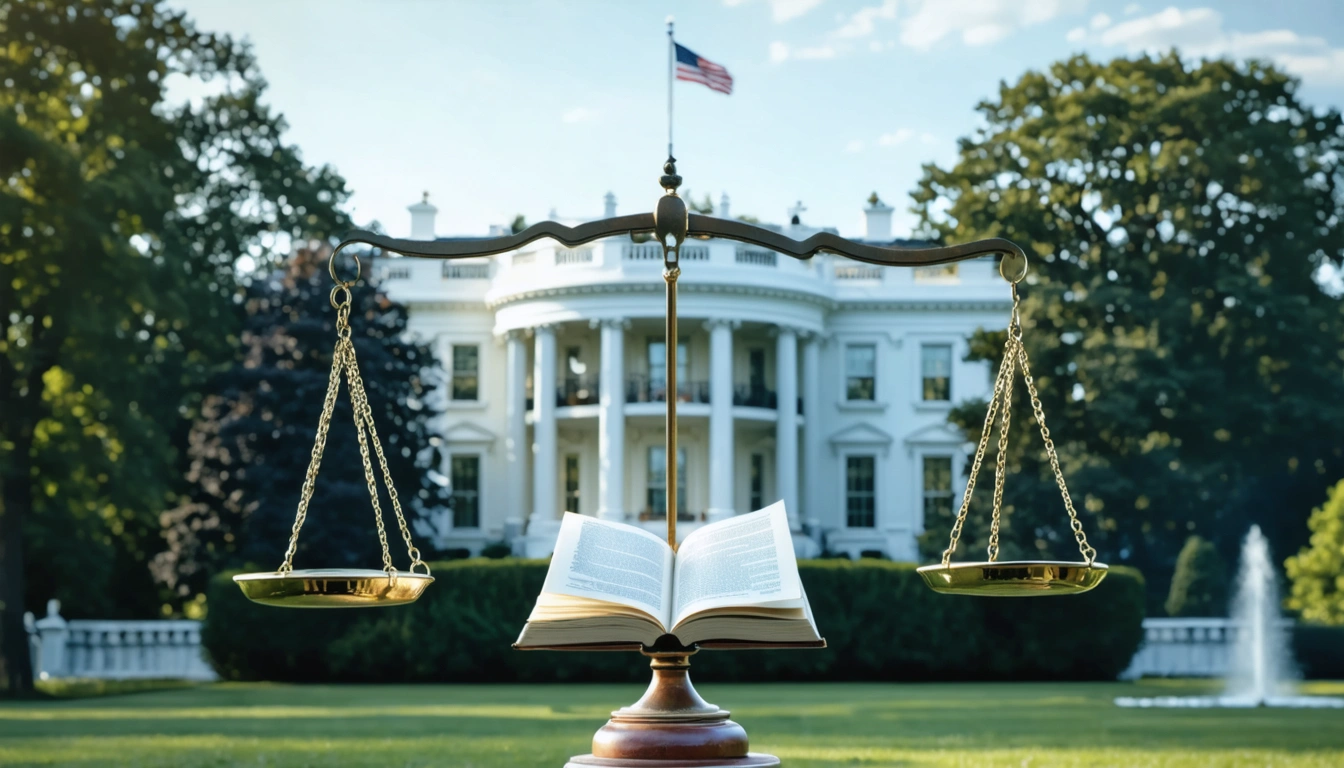Why Presidential Ethics Matter: A Look at Public Opinion and Generational Perspectives

When it comes to the highest office in the land, Americans across the board agree: ethics matter. But just how much they matter—and what constitutes "ethical behavior"—can vary widely depending on whom you ask.
According to a Pew Research Center survey, a whopping 91% of Americans believe it's essential for political leaders to be honest and ethical. This consensus spans party lines, with both Democrats and Republicans emphasizing the importance of integrity in leadership. However, when it comes to specific leaders, opinions diverge sharply. For instance, while many Republicans view former President Donald Trump as embodying these qualities, Democrats overwhelmingly disagree. This partisan split underscores the subjective nature of ethical assessments in politics.
Recent Gallup polling reveals that 55% of Americans rate the ethical standards of top Biden administration officials as subpar. This figure, while slightly better than the ratings during Trump's tenure, still indicates a significant portion of the populace is dissatisfied with the current administration's ethical conduct. Such perceptions can erode public trust and highlight the ongoing challenge of maintaining ethical standards in governance.
Generational perspectives further complicate the landscape. Younger generations, such as Millennials and Gen Z, often prioritize transparency and accountability, influenced by their digital nativity and exposure to rapid information dissemination. In contrast, older generations like Baby Boomers may place a higher emphasis on traditional moral values and personal character. These differing priorities can lead to varied expectations and evaluations of presidential ethics.
Moreover, the debate over what behaviors are deemed acceptable for a president is ongoing. A YouGov survey found that actions like using campaign funds for personal legal disputes or refusing to comply with subpoenas are widely viewed as unacceptable. However, there's less consensus on issues like making major policy announcements via social media, reflecting evolving norms in political communication.
In response to these concerns, bipartisan efforts have emerged to strengthen ethical standards. The Presidential Ethics Reform Act, introduced by Representatives James Comer and Katie Porter, aims to enhance transparency by requiring presidents and vice presidents to disclose foreign payments, gifts, and tax returns. Such measures seek to rebuild public trust and ensure that leaders are held accountable for their actions.
Ultimately, while the importance of an ethical president is a shared value among Americans, interpretations of ethical behavior and the emphasis placed on it can vary. Recognizing and understanding these differences is crucial for fostering informed discussions and promoting accountability in presidential conduct.
Generational Perspectives
Explore how different generations perceive this topic. Click on a generation to expand.
Generational Perspectives on Presidential Ethics
While all generations value ethical leadership, younger cohorts like Millennials and Gen Z may feel more empowered to demand transparency, leveraging digital platforms to voice concerns. Older generations might focus on personal character and traditional values, sometimes feeling that modern political discourse overlooks these aspects. Recognizing these perspectives can bridge understanding and foster a more unified approach to ethical governance.
Finding Common Ground
Despite generational and partisan differences, a common thread unites Americans: the desire for ethical leadership. This shared value underscores the collective responsibility to hold leaders accountable and uphold the integrity of the presidency.
Reflecting on Presidential Ethics
In conclusion, while Americans universally value ethical leadership, perceptions of what constitutes ethical behavior and its importance vary across generations and political affiliations. Recognizing these differences is crucial for fostering informed discussions and promoting accountability in presidential conduct.
Sources
- Americans in both parties want an ethical president, but Democrats more likely to say that's 'very important' by Jeff Diamant (Apr 16, 2020)
- Majority in U.S. Say Biden Administration Ethics Are Subpar by Gallup (Jun 15, 2023)
- Partisans agree political leaders should be honest and ethical, disagree whether Trump fits the bill by John Gramlich (Jan 30, 2019)